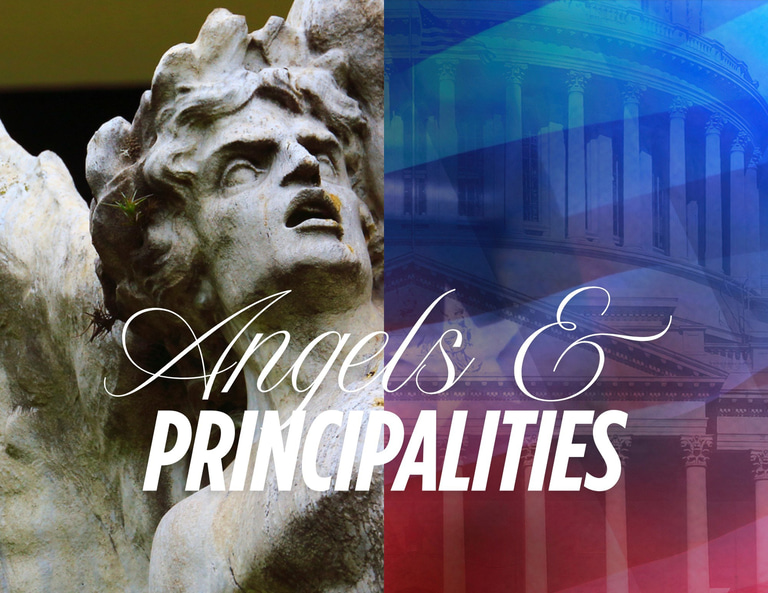Frank DuNN: Conversations at the junction of faith and politics
Lies, Truth, and Relationships
Restoring trust is the only hope of healing in society.
Frank Dunn
10/2/20243 min read
Lies, Truth, and Relationships
We live in a soup of disinformation, conspiracy theories, widespread distrust, distortions, lies, and pure old gossip. Is Koheleth the Preacher right in Ecclesiastes that "there is nothing new under the sun?" He might have been in his own time. But then he didn't have Artificial Intelligence in his mix.
I'm not writing a screed about AI. I don't yet know enough about it to venture an opinion drawn from experience or personal research. But I am well aware of the bald-faced lies that are being passed off as fact. Some politicians are complaining about being "fact-checked." Where does this leave us?
We absolutely must have an agreed-upon set of facts in order to have meaningful conversations. I'm not talking about opinions, policies, and positions. But when stories are made up, circulated, passed around as truth, then it's no surprise that people begin believing them, particularly those originating from sources they trust.
And that's the key, isn't it? Trust. When trust is abrogated, relationships fray and fall apart.
The core of faith is trust, not certainty. Living a life of faith involves trusting in a community, trusting its sources of truth. Living a life of faith is not unlike living in a committed relationship (which is indeed what a life of faith is). So take a relationship between lovers who have committed themselves to each other. The terms of the commitment may vary from the conventional to the bizarre, but whatever those terms are, the partners expect of each other that the terms not be violated. Nothing erodes such a relationship like the abrogation of trust. Violation of trust inflicts a serious wound. Those who are wounded may forgive, but they cannot be both committed and uncaring. If violations don't matter, then the relationship has no reality.
This is such an ordinary liability that common sense and practical experience document it everywhere. Humans have evolved as communal animals, creatures who are made to live together. There's no way that living together can work when the arrangement is vulnerable to continual trust-breaking. Power dynamics or circumstances might force something that looks like a relationship, but in reality, no backs are safe when everyone has a knife, ready to retaliate.
Lots of words are being spoken and written on how we begin to rebuild civil conversation and meaningful dialogue in a society that has now for decades rapidly descended into divisions fed by lack of trust, worsened by no widespread agreement on what is true. We have seen with our own eyes what happens in the heart of a democracy when people are ignited by the force of a Big Lie.
I remember when I was a seminarian hearing one of my professors talk about responding to a person who claims to believe in nothing—not in God, not in people, not in principled living, just nothing. His counsel was to ask questions. Do you believe in yourself? Do you believe that there's such as thing as the law of gravity? Do you believe that 1 + 1 = 2? Sooner or later, you ask something to which the person will say yes. And that's where you start. Not with theory, not with opinion, but at some point, any point, where there is agreement. And then, instead of getting into a debate, be aware that at that point you're in a relationship.
A relationship is not about scoring points, winning or losing. It is about acknowledging and respecting another or others.
My challenge is how to get all this out of the world of platitudes and into the world that people inhabit. I have no final answer, or perhaps any answer at all. But I do have a hunch. My hunch is that consciously, intentionally deciding to operate with respect and compassion is about the only way that we can begin to restore trust. If I wait until someone has proved to be morally fit before I engage, nothing much is likely to happen. If I am primed to argue, convince, convict, win over, then I've forfeited the chance to build a trusting relationship of equals. But if I start off on the assumption that you and I are not two but one reality, then maybe there's a chance that we can find something we can agree on, and begin building on that.
I don't think this is likely to happen if I start anywhere but with the notion that I can trust the process, trust myself, and trust that we can find a place not to agree or disagree, but to understand where each other is coming from.
